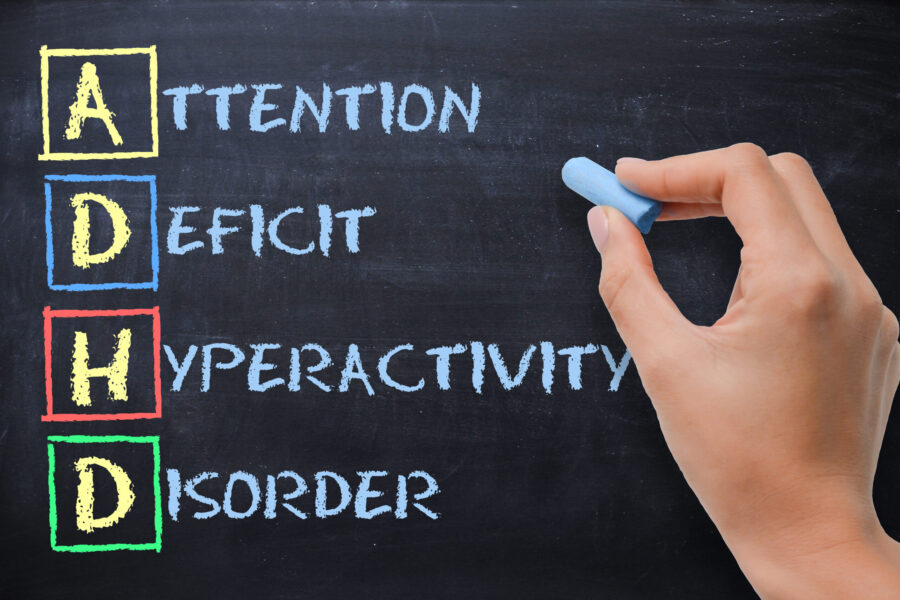Attention Deficit Hyperactivity Disorder (ADHD) is a widely recognized neurodevelopmental disorder that affects millions of individuals worldwide. Yet, despite its prevalence, there remains a spectrum of perceptions regarding the severity of ADHD. Some view it as a minor inconvenience, while others recognize its profound impact on daily functioning and quality of life.
In this article, we’ll explore the complexity of ADHD severity, shedding light on the factors contributing to its varying degrees of impact and the importance of recognizing its significance.
The Spectrum of ADHD Severity
ADHD is not a one-size-fits-all condition; rather, it exists along a continuum, ranging from mild to severe. At one end of the spectrum, individuals may experience occasional challenges with attention, impulsivity, and hyperactivity that do not significantly impair their daily functioning. These individuals may exhibit ADHD symptoms intermittently and may cope relatively well with the demands of daily life.
Conversely, at the other end of the spectrum, individuals may struggle with pervasive and debilitating symptoms that profoundly impact multiple areas of life. These individuals may face persistent difficulties with attention, impulse control, organization, and emotional regulation, leading to academic underachievement, employment instability, relationship difficulties, and impaired overall well-being.
Factors Influencing Severity
Several factors contribute to the severity of ADHD and its impact on an individual’s life:
- Symptom Presentation: The presentation of ADHD symptoms can vary widely among individuals. While some may primarily exhibit symptoms of inattention, others may display hyperactivity, impulsivity, or a combination of both. The severity of each symptom domain, as well as the presence of comorbid conditions, can influence the overall severity of ADHD.
- Coexisting Conditions: ADHD often coexists with other neurodevelopmental, psychiatric, or learning disorders, such as anxiety, depression, autism spectrum disorder (ASD), or specific learning disabilities. The presence of comorbid conditions can exacerbate ADHD symptoms and contribute to their increased severity.
- Functional Impairment: The extent to which ADHD symptoms impair daily functioning and quality of life is a key determinant of severity. Functional impairment may manifest in various domains, including academic performance, occupational functioning, social relationships, and self-care activities. Individuals experiencing significant impairment in multiple areas are likely to have more severe ADHD.
- Environmental Factors: Environmental factors, such as family dynamics, socioeconomic status, access to resources, and social support networks, can also influence the severity of ADHD. Adverse childhood experiences, trauma, and chronic stressors may exacerbate ADHD symptoms and contribute to their increased severity.
Recognizing the Significance
It’s essential to recognize that ADHD, regardless of its perceived severity, is a legitimate and clinically significant disorder that warrants attention and support. While some individuals may adapt to their symptoms and function relatively well, others may struggle with profound challenges that require intervention and assistance. Dismissing or trivializing the severity of ADHD can undermine the experiences and needs of those affected by the disorder, perpetuating stigma and barriers to access to care.
Addressing ADHD Across the Spectrum
Regardless of severity, early recognition and intervention are essential for optimizing outcomes and improving the quality of life for individuals with ADHD. Treatment approaches may vary depending on the severity of symptoms and the specific needs of the individual:
- Mild to Moderate ADHD: For individuals with mild to moderate symptoms, behavioral interventions, psychoeducation, and targeted strategies for managing symptoms may be effective in improving functioning and reducing impairment.
- Moderate to Severe ADHD: Individuals with moderate to severe symptoms may benefit from a combination of medication, behavioral therapy, and comprehensive support services. Medication, such as stimulants or non-stimulants, can help alleviate symptoms and improve attention, while therapy can address underlying issues and teach coping skills.
- Tailored Support: Recognizing the individuality of ADHD, interventions should be tailored to address the unique strengths, challenges, and goals of each person. Collaborative care involving healthcare providers, educators, family members, and other support systems is essential for promoting holistic well-being and maximizing potential.
ADHD exists along a spectrum of severity, ranging from mild challenges to profound impairment in daily functioning. Understanding the factors that contribute to ADHD severity is crucial for recognizing its significance and addressing the diverse needs of individuals affected by the disorder. By acknowledging the complexity of ADHD and providing comprehensive support and intervention, we can empower individuals to navigate their unique experiences and thrive across the spectrum of ADHD severity.






